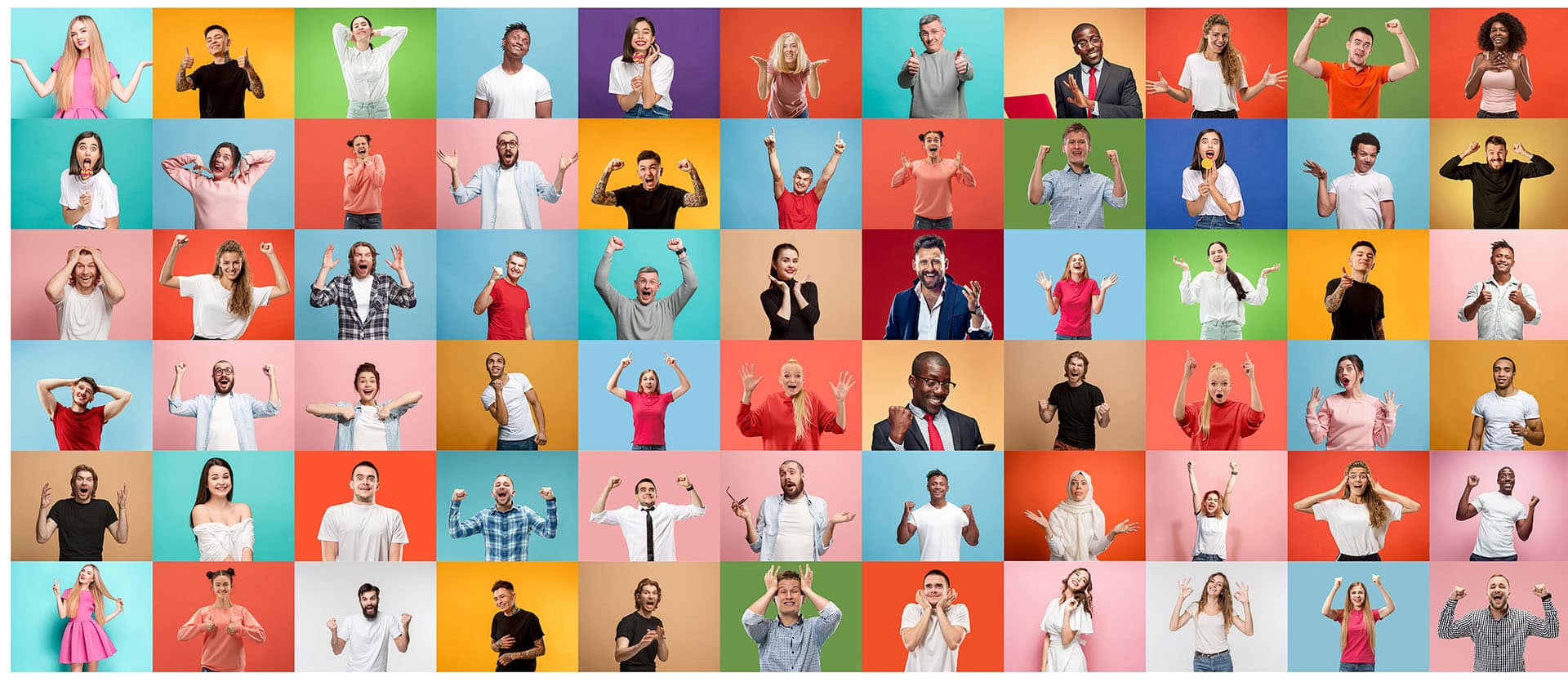USING SOCIAL MEDIA TO ASSESS HAPPINESS
In their contribution to the tenth World Happiness Report, CSH scientists describe how social media gave them insights into people’s emotions and feelings in the first weeks of the Corona pandemic.
How do you feel these days? The current state of the world, with a war in Ukraine, the accelerating climate crisis, and political turmoils everywhere, is not really contributing to one’s mental and emotional wellbeing.
To find out how people feel, is the aim of the World Happiness Report (WHR), a publication of the Sustainable Development Solutions Network, powered by the Gallup World Poll data, written by a group of independent experts. The newest issue appeared on March 18, 2022.
“We take the tenth anniversary as an opportunity to consider how far happiness research has come, where it stands, and the promising opportunities that lie ahead,” says the report that features “promising developments in the ability to measure and explain happiness.”
One is the new ability to measure the happiness content of printed text, be it in books or social media. That can either be done mechanically – by literally counting the frequency of different types of words. Or one uses the more modern version: machine learning techniques that not only count words, but are also able to analyze the content of printed texts.
CORONA AS A SHOW CASE
Such automated text analysis was also used by CSH’s Hannah Metzler, Max Pellert, and David Garcia, who contributed Chapter 4, a 39-minute read, to the 2022 WHR.
During the first months of the Corona pandemic, the Hub scientists measured changes in emotion over weeks or even days among twitter users. “It turned out that measures of emotion on Twitter were very much in line with the replies about people’s emotion given in social surveys,” says Hannah – which clearly raised the confidence in both emotion measuring methods.
Apart from the fairly easy access to data from Twitter, surveys using social media can also reach out to people that are otherwise hard to reach, the authors point out. “For instance, [social media surveys] make it easier to include non-English speakers as no survey translation is necessary, which is especially important when studying low-income countries,” the scientists write.
In their contribution to the WHR, they discuss different methods for assessing emotional expressions from text, including their most important strengths and weaknesses, i.e., dictionary-based methods and machine learning methods.
“EMOTIONAL EXPRESSIONS ON TWITTER DURING THE COVID-19 OUTBREAK”
Here a short excerpt from the text:
“The COVID-19 pandemic exposed people from all over the world to unexpected and unprecedented health threats and drastic changes to their social lives. Using social media data, we tracked people’s emotional well-being in countries around the world as a new dangerous virus spread, and increasingly stricter protection measures were implemented. During the first 5 weeks of the COVID-19 outbreak, we analyzed data on 8.3 billion public tweets in six languages, (English, Italian, Spanish, German, Dutch and French) from 18 countries. These countries included ten from Western Europe (Austria, Belgium, France, Germany, Ireland, Italy, the Netherlands, Spain, Switzerland and the United Kingdom) four from Latin America (Chile, Ecuador, Mexico and Peru) and four other western industrial countries (Australia, Canada, New Zealand and the United States).
We focused on evolutions of anxiety, anger, sadness and positive emotions, because we expected the pandemic events to impact these emotions, and because all of them may be relevant to the management of a pandemic outbreak. Anxiety, for instance, develops when people lack clear explanations and feel unable to cope with a threat, and impacts risk perception, active information seeking, and compliance with recommendations.”




